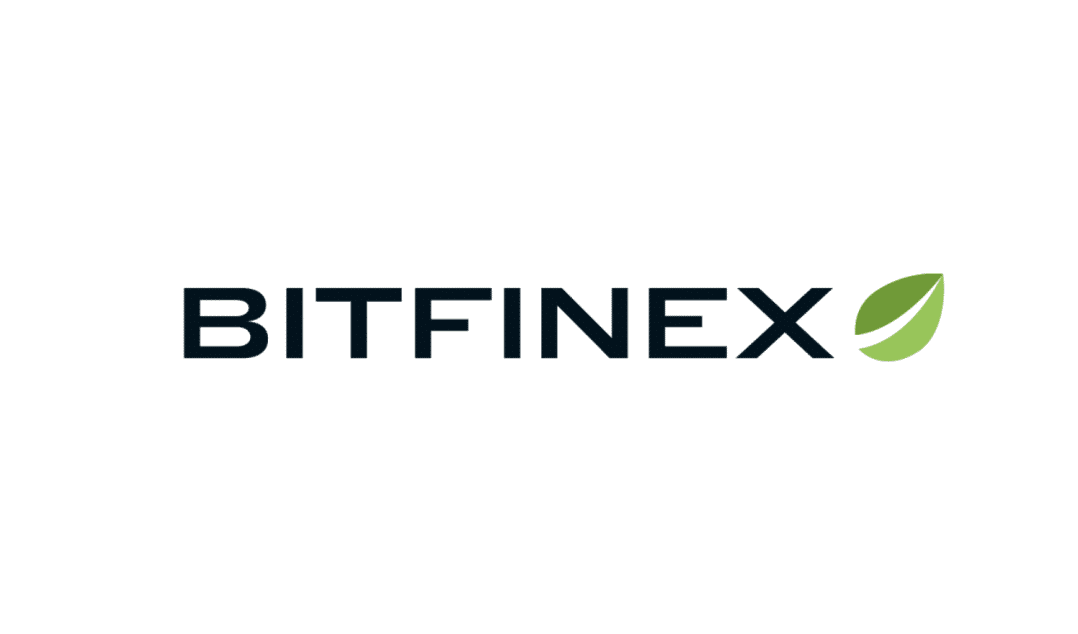Join Our Telegram channel to stay up to date on breaking news coverage
In the past several months, the healthcare sector has drooled over the possibility of using blockchains to reduce its bureaucratic burdens. The time and cost savings and data integrity offered by a distributed ledger could have led to the creation of an unparalleled and efficient system. Unfortunately, the initial hype is dying down.
Here is the good news
The good news about blockchain in healthcare is that talks have finally made way for substance. Instead of executives and entrepreneurs discussing the benefits of blockchains endlessly, we now have pilot projects that are testing the limits of the system in real-time. According to IDC Health Insights research director Mutaz Shegewi, the industry now has a better understanding of blockchains and its use cases.
He said,
“There are some applications already, and a lot of forward-thinking provider organizations are piloting or investing in the technology.”
He added that the healthcare sector is using blockchain technology in five different categories- patient engagement, consortia, and industry collaborations consulting and professional services, payer and provider integration and health information access and exchange.
Shegewi believes that blockchains could democratize health care data. He said that data is designed to suit providers and regulators but not patients. Ideally, the patient should own their healthcare data.
Which healthcare blockchain projects are making it big?
While they are only in their initial stages, some healthcare distributed ledger systems are catching the industry’s eye. Two such services- Solve.Care and Hashes Health are helping to create data markets to reduce administrative work for doctors. While Solve.Care lets doctors spend more time delivering care services; Hashed Health simplifies their hiring process.
Note that hiring a doctor is a tedious activity for hospitals. Verifying credentials is a manual process that takes anywhere between four to eight months. This process should be repeated every two years or the doctors lose their income. Hospitals can also lose $30,000 per month per provider if they have issues in verifying data. The ProCredEx exchange helps in verifying provider credentials to make this process smoother and cost-effective.
Blue Cross Blue Shield is an industry consortium based on blockchain that brings BCBS plans for health insurance and Express Scripts together. Blockchain in Healthcare Global is another consortium aiming to identify and establish best practices in blockchain to avoid legal hassles.
The success of these early projects is important for the healthcare industry to ensure that distributed ledger systems get adopted more easily.
Join Our Telegram channel to stay up to date on breaking news coverage



